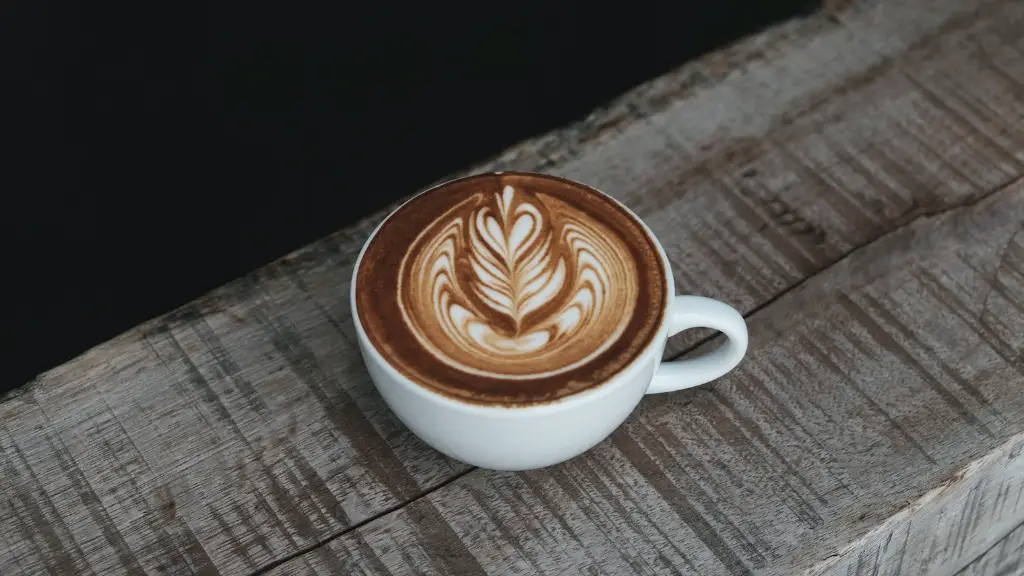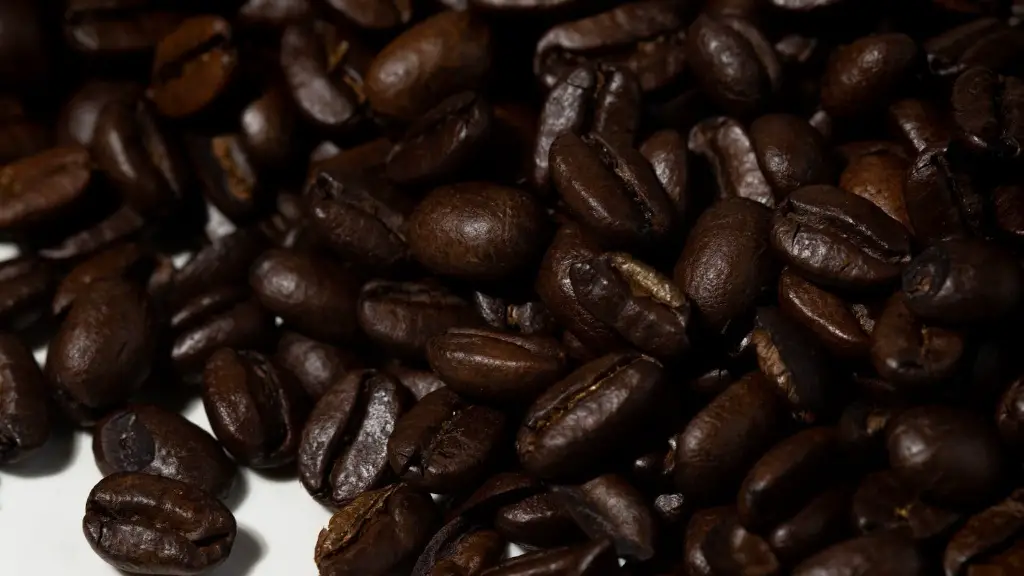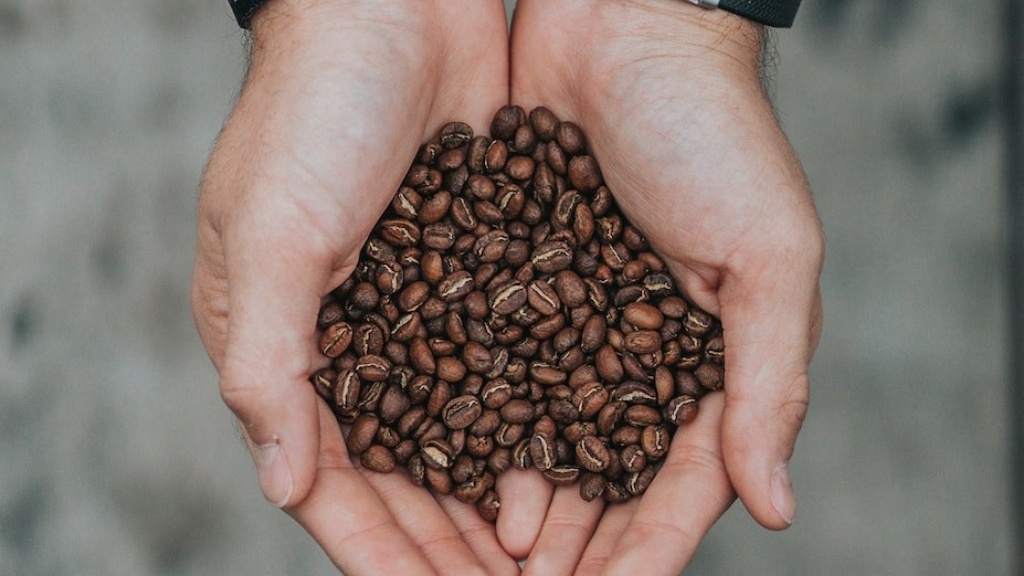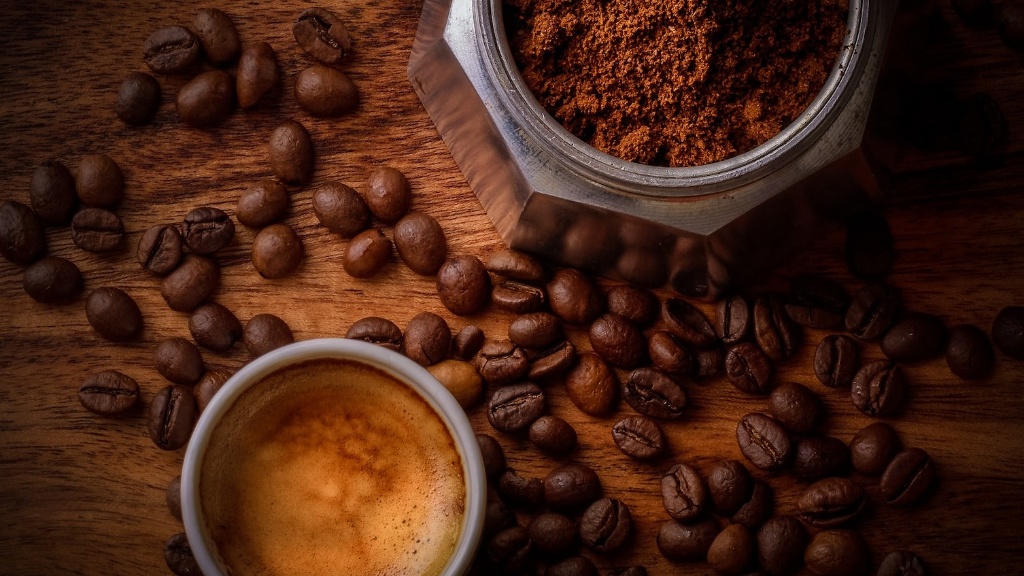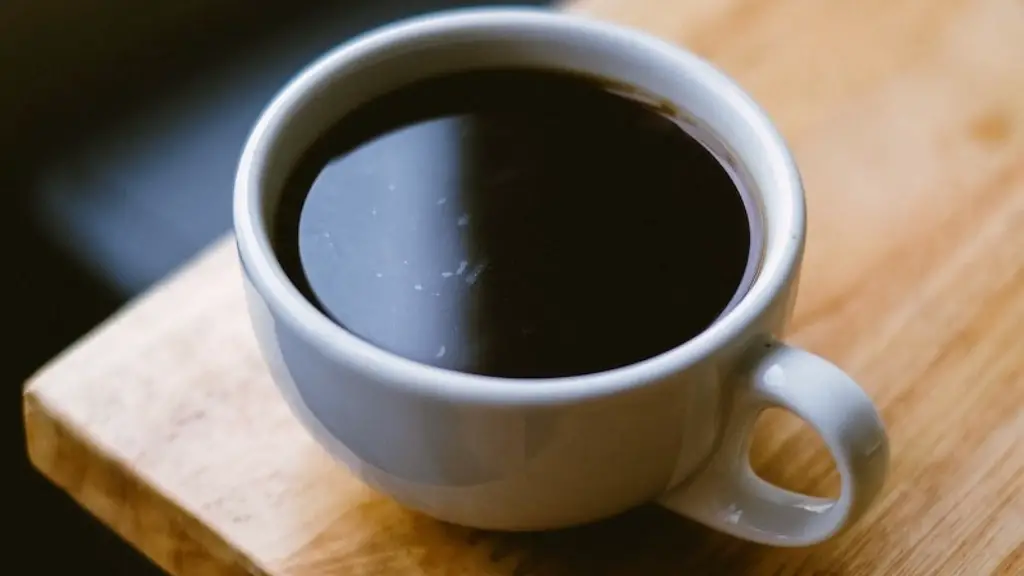It’s common to ask ‘Can you drink coffee after gum graft surgery?’ before undergoing a gum graft for dental problems. Whether it’s aesthetic, to cover an exposed tooth root, improve gum recession or protect teeth from decay, gum grafts are performed to correct tissue loss and implant a healthy gum tissue. To ensure the success of the surgery and proper recovery, avoiding coffee and other foods known to stain teeth are recommended.
Coffee contains tannin and chromogens which can affect the healing process and bond of the graft, potentially leading to infection. Additionally, coffee’s acidic quality can weaken the grafted gum tissue and contribute to staining and discoloration. Although coffee is a no-no after a gum graft, it’s important to receive guidance from your dental practitioner on what food and drinks to avoid.
When considering drinking coffee after gum graft surgery, it’s best to wait until the recovery process is complete. Patients are typically given a special mouthwash for rinsing, as well as prescribed antibiotics and steroids to reduce discomfort and encourage healing. During the healing period, it’s important to note any signs of infection (such as swelling, redness and bleeding) and report this to the dentist.
In general, it’s best to wait at least two weeks before drinking coffee after the gum graft surgery. After this time, the grafted area should also be evaluated by a dental specialist to ensure that the surgery was a success and that there are no complications. Depending on the extent of the gum graft surgery, the healing process can take anywhere from 3 – 8 weeks.
The best way to avoid any complications or infections is to take special care of your teeth and gums. This includes avoiding sugary snacks and drinks, as these can elevate the risk of dental conditions such as cavities or gingivitis. Make sure to brush and floss daily and to attend regular dentist check-ups for monitoring and maintenance.
As much as we would like to enjoy drinking coffee, it’s not advisable to do so after gum graft surgery. It’s important to wait until the surgery is fully healed before drinking coffee or any other stain-inducing drinks. If in any case you require a gum graft, it’s essential to follow the dentist’s advice and practice a healthy dental routine.
Maintaining A Healthy Diet
In order to speed up the healing process and looking after your overall health, maintaining a balanced diet plays an important role. Opt for nutrient-rich and easily digestible foods such as soups, rice, smoothies and custards. Eat plenty of fresh fruits and vegetables for their antioxidant qualities, as well as sources of healthy fats, calcium and vitamin D. Aim to have plenty of rest and stay hydrated with water and herbal teas.
Avoid processed and sugary foods as these can damage your teeth and gums. Caffeine is also known to have a dehydrating effect, so although it may not be recommended, limiting coffee and other caffeinated drinks to once a day can still provide you with a healthy lifestyle.
Certain essential oils, such as thyme and tea tree oil are beneficial after any oral surgery. They may help reduce inflammation, encourage healing, and relieve discomfort. Dentists may also provide pain relief, antibiotics and a special mouthwash – but all these must be consumed with caution and under a dentist’s guidance.
Keep Your Teeth Clean
When dealing with a gum graft, it’s especially important to take good care of your teeth, as they also will be healing. Brushing twice a day and flossing are very important – including specifically targeting the gum area. Pay extra attention to brushing and flossing the grafted area to ensure that all the food and plaque is removed, and avoid using mouthwash containing alcohol.
Visiting the dentist for professional cleaning is also recommended. Professional teeth cleaning is an important and beneficial procedure that helps to professionally clean the tooth and prevent tartar build-up. It can help rid the teeth of staining agents, such as food colouring, they are exposed to during daily life.
Your dentist may also decide to apply a protective sealant on your teeth. These sealants will protect teeth from decay, discolouration and other damage from core drinks such as coffee. They may also apply a high-fluoride varnish to strengthen weak and grafted teeth, and further protect them from bacteria and decay.
Dental Trauma
It’s not just coffee that can cause damageg to your gums; dental trauma can also be caused by any force to the teeth. This could be from grinding or clenching the jaw, falling over or playing contact sports such as football. It’s important to protect your teeth and mouth through preventative measures such as wearing a mouth guard when playing contact sports, or trying to reduce grinding and clenching.
If you experience any kind of dental trauma after a gum graft surgery, it’s important to seek medical attention. Symptoms such as pain and bleeding near the graft site may occur, which should be addressed as soon as possible.
Your dentist may also recommend a course of antibiotics to prevent bacterial infections. Antibiotics may be prescribed if there is an infection present. It is important to strictly follow the directions of your dentist, as not doing so could result in further damage or even the loss of the grafted tissue.
Conclusion
In conclusion, we can see that gum graft surgery is a delicate process that requires a great deal of care. It’s recommended to avoid drinking coffee after a gum graft surgery, as its acidic properties can weaken the grafted gum tissue and potentially cause infection.
To ensure the success of the gum graft surgery it’s important to stick to a healthy dental routine of brushing, flossing and regular visits to the dentist. Additionally, you should avoid any foods that can stain your teeth such as coffee, tea and wine, and foods high in sugar. Lastly, if you experience any kind of dental trauma after the surgery, seek a medical professional’s advice.
